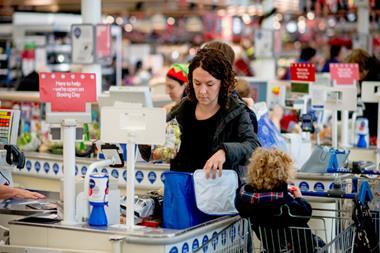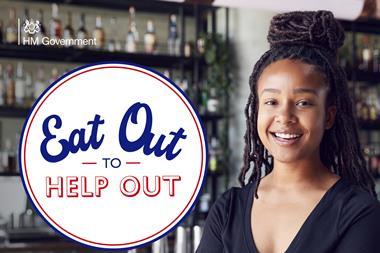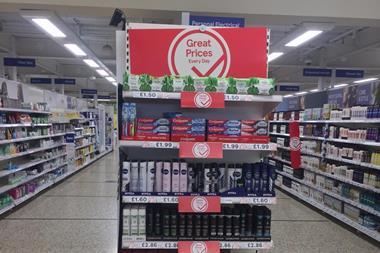
Some 14 million people in the UK live in poverty, and 4.5 million of them are children. That was before the Covid-19 pandemic began. As each day goes by we hear of more job losses and greater economic damage. We all know what this means: untold numbers of families being pushed closer to the edge of poverty.
And yet, the issue of poverty and food bank use remains a social taboo in British society. We know we have a platform, with our consumer favourite brands, to elevate this important social issue. That is why we partnered with The Trussell Trust, a charity focused on ensuring everyone can afford their own food, rather than needing to use a food bank, because we believe our voice can help make a difference to families who are trapped in poverty.
The pandemic has highlighted and increased an already worsening situation. In The Trussell Trust network the need for food banks has increased by 74% over the past five years. We believe no family should have the added anguish of not knowing how they will be able to put food on their table, which is why we have pledged to support the distribution of two million meals from food banks to families in crisis. In addition, we are pledging our support with our Stand Against Hunger campaign on pack across our brands, to put the messaging of the partnership at the heart of our communication with our consumers.
A number of high-profile brands in our sector are already commendably active in this area. The grocery channel has been excellent in supporting the likes of The Trussell Trust, FareShare and other community food bank networks that create essential lifelines for people facing hardship. As well as food and monetary donations, we’ve also seen larger retailers go further by providing donation stations in stores. This is fundamental in creating an accessible way for shoppers to donate, but also in drawing their attention to the people in their own community who are in need.
However, research we commissioned in partnership with The Trussell Trust shows there is much more that we need to do and that now is the time for action.
Marcus Rashford’s food poverty taskforce: supermarkets and suppliers sign up
We looked into socio-economic ways the coronavirus pandemic has affected attitudes towards food bank usage and dinnertime family rituals.
We found that the pandemic has made the issue of poverty particularly resonate with the public. Perhaps this is unsurprising when stories about job losses and high-profile campaigns such as Marcus Rashford’s commendable fight against summer holiday hunger have pushed these issues on to the news agenda.
According to our research, 77% of people are worried about the negative impact the coronavirus pandemic may have on poverty and children’s access to healthy meals and a third of people say their sympathy for people who use food banks has increased.
These figures ought to signal the need for intervention – sooner rather than later.
As well as the impact on our communities’ physical and economic health, we know the pandemic has also taken a big toll on the nation’s mental health. According to our research, before lockdown 26% of people shared a meal fewer than three times a week, and one in 20 (5%) people never did. With increasingly busy schedules and lifestyles, shared mealtimes offer families an opportunity to connect and bond. At such a stressful and unpredictable time, this simple pleasure of spending time together has arguably never been so important.
Dinnertime matters for all families, not just those who can afford to eat them. We are committed to continuing to work with The Trussell Trust to provide this lifeline for families in crisis. With our Stand Against Hunger campaign, we will work to keep this issue at the forefront of people’s minds and help families reap the physical, emotional and developmental benefits of shared mealtimes in return.



















1 Readers' comment